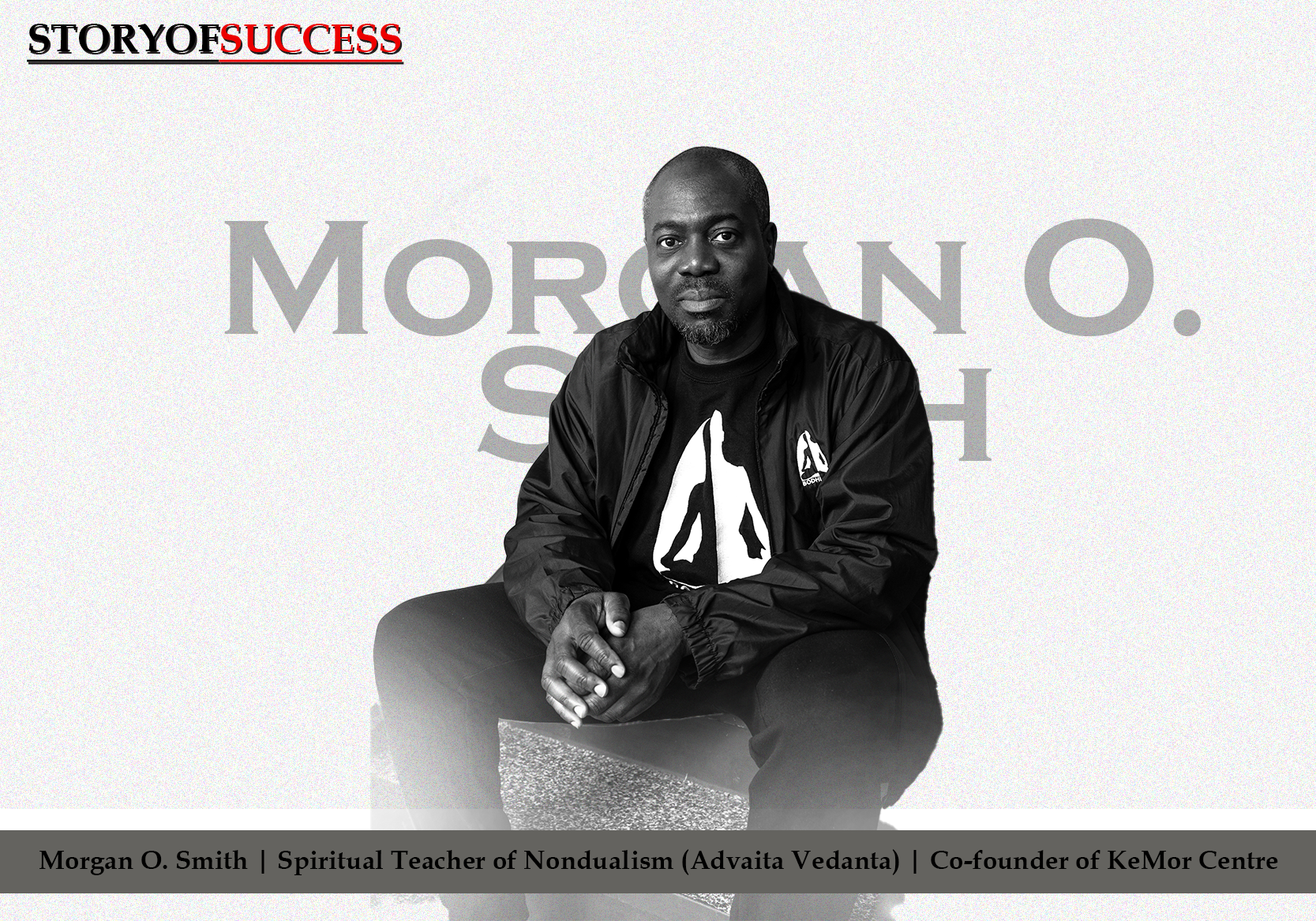
The Top 5 Professors to Watch in 2025
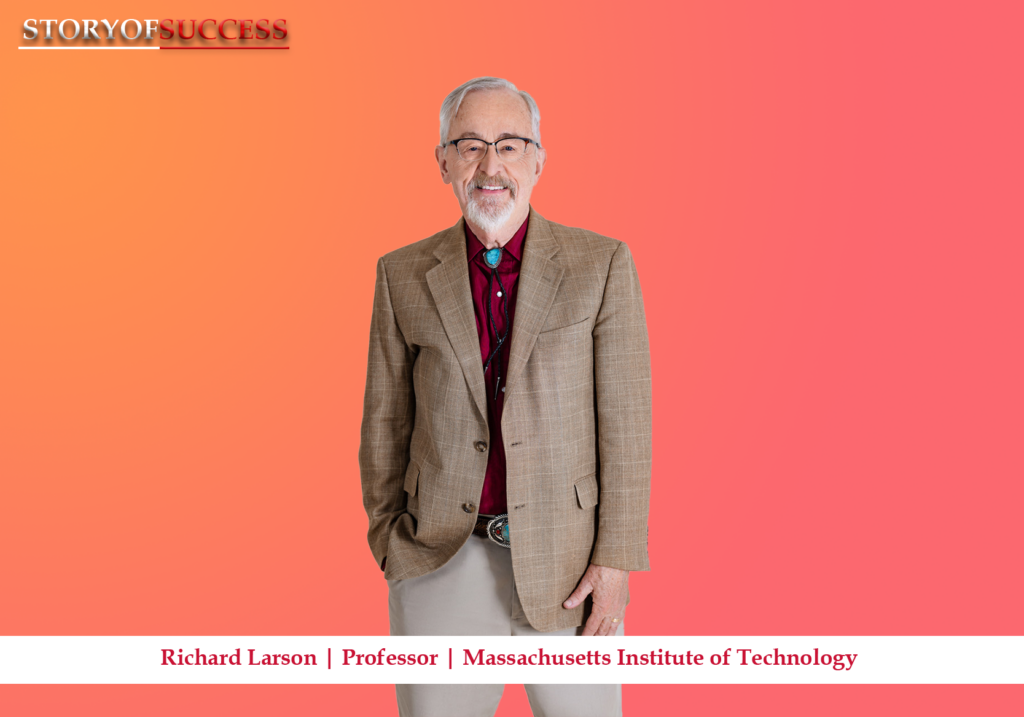
The Story of Richard Larson
Some career paths are meticulously planned, while others unfold unexpectedly. For Richard Larson, becoming a professor at the Massachusetts Institute of Technology (MIT) was an unanticipated twist of fate—one that led to a long and fulfilling academic career.
Larson was in the midst of completing his PhD dissertation when his faculty advisor, Professor Alvin W. Drake, presented him with an unexpected opportunity. Drake asked if he would like to stay on as an assistant professor for a couple of years before pursuing a more lucrative career path. “Going off and making your millions,” as Drake put it, seemed like a natural progression. However, Larson was taken aback by the offer. He suffered from what he humorously referred to as the “Groucho Marx syndrome”: “I’d never respect a club that would have me as a member!” Despite his initial surprise, he agreed to the position—a decision that would shape the rest of his professional life.
What started as a temporary role quickly turned into a passion. Larson found himself thriving in both teaching and research, describing his experience as being “in heaven.” His enthusiasm for academia led him to secure tenure, and later, he was honored with a faculty chair position. Over the years, his journey at MIT reflected not only his intellectual curiosity but also the institution’s flexibility.
A testament to MIT’s adaptability, Larson has been affiliated with five different academic home departments, demonstrating the institution’s commitment to allowing faculty members to evolve their research and teaching interests. His career serves as an example of how embracing unexpected opportunities can lead to meaningful and rewarding professional paths.
From an accidental beginning to a distinguished academic career, Richard Larson’s story underscores the value of open-mindedness and the willingness to embrace change. His journey at MIT is a testament to the power of curiosity, dedication, and the joy of lifelong learning.
Pioneering Research in Urban Operations and STEM Education
Larson’s contributions to research are equally significant. One of his most impactful projects was developing Urban Operations Research—an application of Operations Research to managing city operations. This work led to the creation of a popular new graduate subject at MIT, initially named “Urban Operations Research” and later renamed “Logistical and Transportation Planning Studies.” Collaborating with his faculty colleague, Professor Amedeo Odoni, Larson co-authored the textbook Urban Operations Research in 1981, which has since garnered over 1,300 citations and been translated into multiple languages (Google Scholar). Many OR graduate students pursued thesis research on urban problems, and a substantial portion of their work was done in partnership with managers from urban-focused departments of the City of New York. Larson expresses gratitude for their invaluable collaboration in shaping the field.
Another project close to Larson’s heart is the MIT BLOSSOMS initiative (MIT BLOSSOMS). This program developed over 50 freely available interactive STEM learning videos for high school science and math classes. Still widely used today and accessible on YouTube, these lessons may have been among the first freely available internet-facilitated STEM resources for high school students, significantly enhancing science and math education worldwide.
A Legacy of Innovation and Learning
From an accidental beginning to a distinguished academic career, Richard Larson’s story underscores the value of open-mindedness and the willingness to embrace change. His journey at MIT is a testament to the power of curiosity, dedication, and the joy of lifelong learning. Whether through pioneering urban research or revolutionizing STEM education, Larson’s impact continues to resonate in academia and beyond.
Boots on the Ground: Richard Larson’s Hands-On Approach to Understanding Urban Systems
Understanding complex urban systems requires more than just theoretical knowledge—it demands firsthand experience. Richard Larson, a researcher dedicated to studying city infrastructure, emphasized this principle to his students with a simple yet powerful mantra:
“Don’t think you understand something until you have your own boots on the ground, for at least 12 hours!”
This philosophy was at the core of his work, especially when engaging with key agencies responsible for keeping New York City running. Gaining the enthusiastic cooperation of organizations like the New York Police Department, Emergency Services, and the Department of Sanitation was no small feat. Yet, Larson and his students knew that real insights could only come from working alongside the professionals who experienced the city’s challenges daily.
One of the most striking examples of this hands-on approach took place at the Fresh Kills Landfill, once the world’s largest landfill, located on Staten Island, NY. Here, Larson and his team immersed themselves—quite literally—in the reality of waste management. Trudging through the massive, muddy expanse of discarded materials, they gained an unparalleled understanding of the logistical, environmental, and operational hurdles faced by sanitation workers.
The experience left a lasting impression—not just in knowledge, but in scent. As Larson humorously recalls, “My muddy boots ended up proving where they had been by their aroma!”
This anecdote perfectly captures the essence of true experiential learning. While data, reports, and models are valuable tools, nothing compares to the insights gained from direct exposure to real-world conditions. Larson’s unwavering commitment to fieldwork continues to serve as an inspiration for researchers, students, and professionals striving to understand and improve urban life.
His lesson is clear: if you want to truly understand something, step into the shoes—or rather, the boots—of those who live it every day.
From Invisible to Indispensable: The Rise of Operations Research
For decades, Operations Research (OR) was often described as “The World’s Most Important Invisible Profession.” Despite its significant contributions to decision-making, logistics, and optimization, it remained largely unnoticed by the public. But according to Richard Larson, that era of invisibility is over—Operations Research has moved into the mainstream.
Today, OR is a powerful blend of theoretical modeling and real-world implementation, influencing industries from healthcare and finance to transportation and supply chain management. The sheer number of advancements in both theory and application is staggering, making it impossible to list them all without inadvertently leaving out many contributors to the field.
At the heart of the OR community is INFORMS (Institute for Operations Research and the Management Sciences)—a professional society dedicated to advancing research and its practical applications. INFORMS plays a crucial role by publishing top-tier scholarly journals as well as accessible materials that bring OR principles to a wider audience.
Larson himself experienced this firsthand when INFORMS chose to publish his book, MODEL THINKING For Everyday Life: How to Make Smarter Decisions—available on Amazon. As the first book ever published by INFORMS, it represents a milestone for both the author and the organization. Larson expresses deep gratitude for this honor, highlighting how OR’s influence now extends beyond academia into everyday decision-making.
Operations Research has transitioned from an unsung hero to a critical force in problem-solving across industries. No longer invisible, it continues to shape the world in ways both profound and practical—proving that model-driven thinking is more relevant than ever.
Teaching, Mentoring, and Boots on the Ground: Richard Larson’s Approach to Education
Teaching is more than just delivering information—it’s about ensuring understanding across all levels of students. Richard Larson, an accomplished educator and mentor, emphasizes the importance of mastering course material thoroughly (“Know your material COLD”) while also learning how to explain difficult concepts in a way that resonates with C+ and B- students, not just the top performers.
Larson believes that teaching to non-A+ students is more difficult but also more rewarding. A great educator must be able to answer questions in multiple ways, adjusting explanations until every student in the room grasps the concept. This approach transforms teaching into an interactive and adaptive experience, making knowledge accessible to all.
The Power of Mentoring
Beyond the classroom, Larson found deep satisfaction in mentoring students, guiding them toward real-world experiences that shaped their careers. One of his key contributions was helping students secure summer consulting roles through his off-campus firms, which operated under names such as Public Systems Evaluation and ENFORTH Corporation. These opportunities provided students with valuable Boots-on-the-Ground experience, allowing them to engage with real-world challenges beyond academia.
A remarkable outcome of these summer experiences was that many students returned in the fall with a newfound passion—and, in many cases, the foundation for their graduate thesis. Exposure to practical problems in industry and government settings gave students direction, purpose, and real-world insights that shaped their academic and professional journeys.
A Lasting Impact
Larson’s philosophy on teaching and mentoring highlights the importance of adaptability, engagement, and hands-on learning. Whether in the classroom or the field, his emphasis on practical experience and deep understanding has left a lasting impact on his students. By bridging the gap between theory and application, he has helped shape not only individual careers but also the broader landscape of education and professional development.
His lesson is clear: great educators don’t just teach—they inspire, mentor, and prepare students for the real world.
From Classroom to Career: The Lasting Impact of Richard Larson’s Mentorship
Great educators do more than teach—they inspire, mentor, and shape the futures of their students. Richard Larson, a dedicated teacher and mentor, takes immense pride in the success stories of his former students, many of whom have gone on to earn tenure at respected universities or achieve remarkable success in the business world.
While he refrains from naming individuals—out of respect for the many deserving students who might be left out—Larson acknowledges that their achievements are a testament to the power of quality mentorship and hands-on experience.
A Foundation for Success
Larson’s approach to education goes beyond traditional teaching. By helping students gain real-world exposure—such as through summer consulting roles in his off-campus firms—he provided them with invaluable Boots-on-the-Ground experiences. These practical insights not only deepened their understanding of real-world problems but also helped many students discover their passion and shape their career paths.
A Legacy of Learning and Leadership
Some of his mentees have chosen the academic route, securing faculty positions and contributing to the advancement of knowledge through research and teaching. Others have ventured into the business world, applying their analytical skills and problem-solving abilities to industries ranging from technology to operations research. Regardless of their paths, one common thread unites them: the mentorship and inspiration they received from Larson’s guidance.
Beyond the Classroom
The impact of an educator is often measured not just by the knowledge they impart but by the success and growth of their students. Larson’s ability to challenge, support, and inspire has helped many individuals turn academic learning into real-world achievement. His students’ successes serve as a living testament to the value of strong mentorship and the lasting influence of a great teacher.
As his former students continue to make their mark in academia and industry, Larson’s philosophy remains clear: education isn’t just about knowledge—it’s about creating opportunities, fostering curiosity, and empowering the next generation of leaders.
MIT: A Meritocracy of Excellence and Innovation
MIT is a place where excellence is the standard, and every student and faculty member is expected to push the boundaries of knowledge and innovation. As Richard Larson describes, it is a true meritocracy, where talent, dedication, and curiosity drive success.
One of MIT’s defining characteristics is its openness to all avenues of research and teaching. Unlike institutions that fit into specific academic molds, MIT has no singular “MIT Flavor”—it embraces a vast range of disciplines, methodologies, and ideas. All serious research is welcomed, respected, and encouraged, fostering an environment where breakthroughs in science, engineering, economics, and countless other fields thrive.
Equally remarkable is the freedom given to faculty in shaping their teaching and research. Professors have the autonomy to pursue their passions, and in return, they make world-class contributions that have earned MIT’s unwavering trust.
In essence, MIT is more than just an elite institution—it is a dynamic ecosystem of innovation, where excellence, trust, and intellectual curiosity fuel discoveries that shape the world.
Writing and Academia: A Seamless Journey for Richard Larson
For Richard Larson, writing has never been separate from academia—it has always been an integral part of being a professor. In Operations Research, as in many academic fields, success is measured not just by teaching and research but also by publishing impactful work in scholarly journals and popular venues.
Larson’s writing journey began early with his first major publication, Urban Police Patrol Analysis (MIT Press, 1972), a book adaptation of his PhD thesis. The work was widely recognized for its contributions to law enforcement and urban operations research. In 1973, it earned him the Lanchester Prize, the highest honor awarded by the Operations Research Society of America (ORSA) for the best publication in the field that year.
This achievement set the stage for a career where research, writing, and teaching were seamlessly intertwined. For Larson, the act of publishing is not just an academic requirement—it is a way to share knowledge, influence policy, and contribute to the broader understanding of complex systems.
Urban Operations Research: A Landmark Textbook by Richard Larson and Amedeo Odoni
Richard Larson’s contributions to academia extend beyond research and teaching—his writings have shaped the field of Operations Research, particularly in urban systems. While his first book, Urban Police Patrol Analysis, gained early recognition, his most well-known work is the textbook Urban Operations Research, coauthored with his longtime colleague, MIT Professor Amedeo Odoni.
This influential book, an outgrowth of a popular MIT graduate course of the same name, has had a lasting impact on students and professionals alike. Over the years, it has garnered more than 1,300 citations and has been translated into multiple languages, further solidifying its status as a key reference in the field.
As the course evolved, its name changed to Logistical and Transportation Planning Methods, reflecting its expanding scope. Yet, the core principles of optimizing urban systems, transportation networks, and emergency response planning remain just as relevant today as when Larson and Odoni first introduced them.
Through their work, Larson and Odoni have helped shape the way researchers and practitioners approach urban challenges, proving that great teaching and great writing go hand in hand.
Bridging Academia and the Real World: Richard Larson’s Approach to Writing
For researchers whose work focuses on real-world problems, publishing should not be confined to academic journals. Richard Larson believes that academics should feel equally comfortable writing for both scholarly audiences and the general public, ensuring that valuable insights reach a broader audience.
Larson himself has embraced this philosophy, enjoying the challenge of making complex ideas accessible. A prime example is his 2023 book, MODEL THINKING For Everyday Life – How to Make Smarter Decisions, which translates analytical thinking into practical decision-making tools for everyday use.
By writing for both academic and general audiences, Larson demonstrates that research is not just for scholars—it has the power to shape real-world decisions and improve lives. His work highlights the importance of bridging the gap between theory and practice, making knowledge both useful and widely accessible.
A Natural Writer: Richard Larson’s Journey in Publishing
For many academics, publishing can be a challenge—but for Richard Larson, it has been a natural and enjoyable part of his career. “I was lucky,” he reflects. “I enjoy writing, and I easily found venues that wanted to publish what I wrote.”
Larson’s ability to translate complex ideas into compelling narratives has made his work valuable to both academic and general audiences. From scholarly journals to widely read books like MODEL THINKING For Everyday Life, his writing has found a home in multiple publishing platforms, expanding the reach of his research and insights.
His success underscores an important lesson: when passion for writing meets expertise in a field, opportunities follow. For Larson, writing has never been just an academic requirement—it has been a way to share knowledge, spark curiosity, and make a lasting impact.
Teaching Through Writing: Richard Larson’s Approach to Accessibility
Great educators don’t just teach in the classroom—they bring the same clarity and engagement to their writing. Richard Larson believes that a professor’s life-developed teaching skills should be leveraged in writing, ensuring that content is accessible to the widest possible audience.
For Larson, writing is an extension of teaching. Just as a good teacher explains complex ideas in multiple ways to reach all students, a skilled writer breaks down intricate concepts so that readers from diverse backgrounds can understand and apply them. This philosophy is evident in his work, from academic research to books aimed at general audiences, such as MODEL THINKING For Everyday Life.
By approaching writing as a form of teaching, Larson ensures that his insights resonate beyond academia, empowering more people to engage with and benefit from his work.
Urban Operations Research: A Global Impact
Few academic works leave a lasting global imprint, but Urban Operations Research, coauthored by Richard Larson and Professor Amedeo Odoni, is one of them. This influential book has had a huge worldwide impact, shaping the way researchers, policymakers, and professionals approach urban systems, transportation, and logistical planning.
Born out of a popular MIT graduate course, Urban Operations Research has been widely cited, translated into multiple languages, and used as a foundational text in universities and industries around the world. Its influence extends beyond academia, guiding real-world solutions in urban planning, public safety, and emergency response.
Through their groundbreaking work, Larson and Odoni have helped define the field, proving that smart, data-driven decision-making can transform cities and improve lives on a global scale.
Professors as Authors: The “And” Approach at MIT
At institutions like MIT, being a professor and being an author are not separate roles—they are inseparable parts of the same mission. As Richard Larson puts it, “It’s not ‘Either/Or.’ It’s ‘And.’”
Every professor at MIT is also a writer, producing both scholarly journal articles that push the boundaries of knowledge and more accessible works that bring insights to a broader audience. Larson himself exemplifies this balance, from publishing in academic journals to writing books like MODEL THINKING For Everyday Life.
This dual commitment to rigorous research and public engagement ensures that knowledge is not just created, but also shared, applied, and made relevant to society. At MIT and beyond, great teaching, research, and writing go hand in hand.
A Legacy of Impact: Richard Larson’s Pride in Students, Research, and Public Outreach
For Richard Larson, professional pride comes from three key areas: his students, his research, and his public outreach.
First and foremost, he is proud of his students. While he has lost track of many over the years, those who stay in touch are thriving in their careers—a testament to the impact of his mentorship.
Next, he takes pride in his research. His findings, published in refereed journals, have contributed significantly to the field of Operations Research, shaping both theory and practice.
Finally, Larson values his role in public outreach. His 2023 book, MODEL THINKING For Everyday Life, exemplifies his commitment to making complex ideas accessible to a wider audience. Beyond writing, he has also shared his insights as an invited guest on TV and radio, further extending his influence.
From mentoring students to advancing research and engaging with the public, Larson’s career is defined by a commitment to knowledge, impact, and accessibility.
No Regrets: Richard Larson’s Fulfilled Career
In a career filled with teaching, research, and public engagement, Richard Larson looks back with no regrets. “No feelings of ‘Woulda, coulda, shoulda,’” he says confidently.
Having mentored successful students, made significant research contributions, and shared his insights with the public through books, TV, and radio, Larson has fully embraced every opportunity that came his way. His journey reflects a life of purpose, curiosity, and impact, leaving a lasting mark on academia and beyond.
For Larson, success isn’t about looking back—it’s about moving forward, embracing challenges, and continuing to inspire the next generation.
Operations Research: From Invisible to Indispensable
For decades, Operations Research (OR) has been called “The World’s Most Important Invisible Profession.” But according to Richard Larson, that is changing—and fast.
“With Operations Research, the sky is the limit!” he says. Model-based analyses will always be essential, and as industries increasingly rely on data-driven decision-making, OR is becoming more visible and more vital than ever.
A prime example is the airline industry, where major U.S. carriers employ full-time Operations Researchers to optimize flight schedules, manage resources, and respond to weather disruptions. From transportation and healthcare to finance and logistics, OR’s influence is expanding across the economy.
As businesses and governments embrace mathematical modeling and optimization, Operations Research is set to become not just recognized, but indispensable to solving the world’s toughest challenges.
Follow Your Passion: Richard Larson’s Advice for Success
When it comes to career and life choices, Richard Larson’s advice is simple: “Pursue your intellectual passions.”
While guidance from others can be valuable, he emphasizes the importance of following the path that excites you the most, even if it means ignoring conventional wisdom. True success comes from curiosity, dedication, and the courage to forge your own way.
By staying true to your interests and passions, you not only find fulfillment but also make the greatest impact in your field. Passion fuels innovation—and those who follow it shape the future.
A Lifelong Commitment to Learning: Richard Larson’s Post-Retirement Passion
For Richard Larson, retirement hasn’t meant slowing down. “I find myself spending just as many hours a day on my professional interests as before retirement,” he says.
His passion for research, writing, and sharing knowledge continues to drive him, keeping him engaged in meaningful work. Even answering this questionnaire, he notes, is a reflection of that ongoing dedication.
Larson’s experience is a testament to the idea that intellectual curiosity doesn’t retire. When you love what you do, the pursuit of knowledge and impact is a lifelong journey.
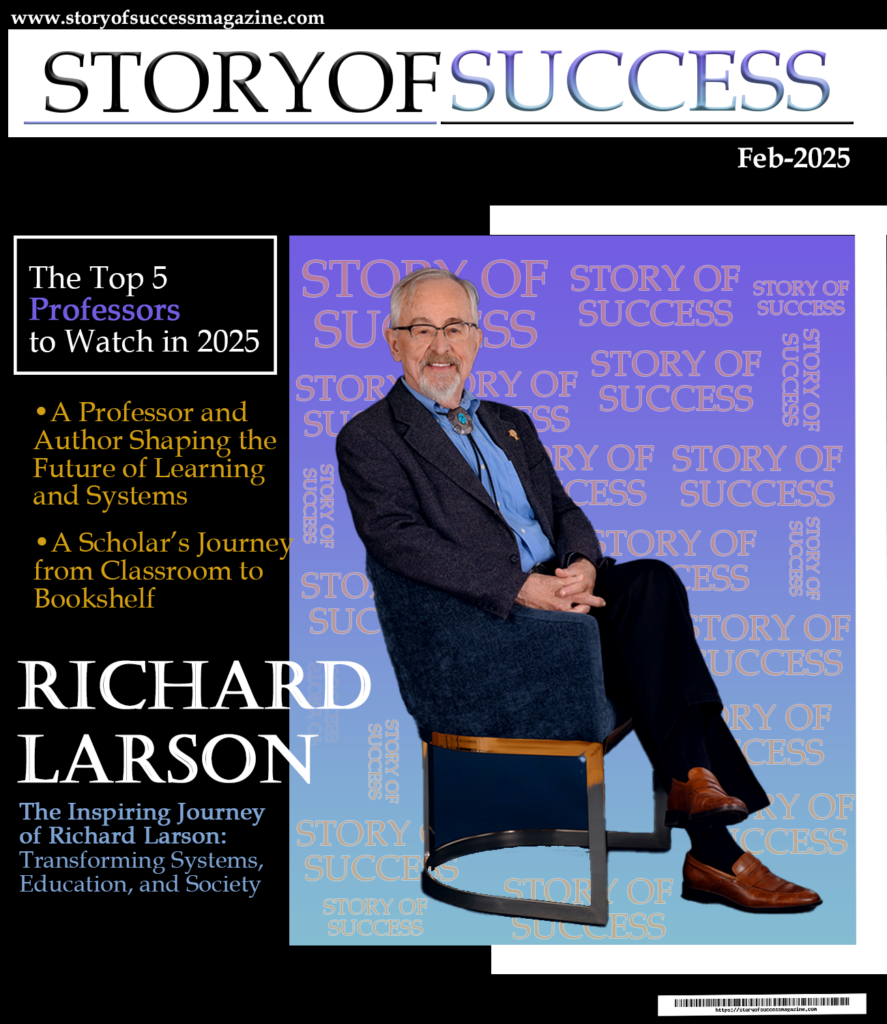
Recent Post

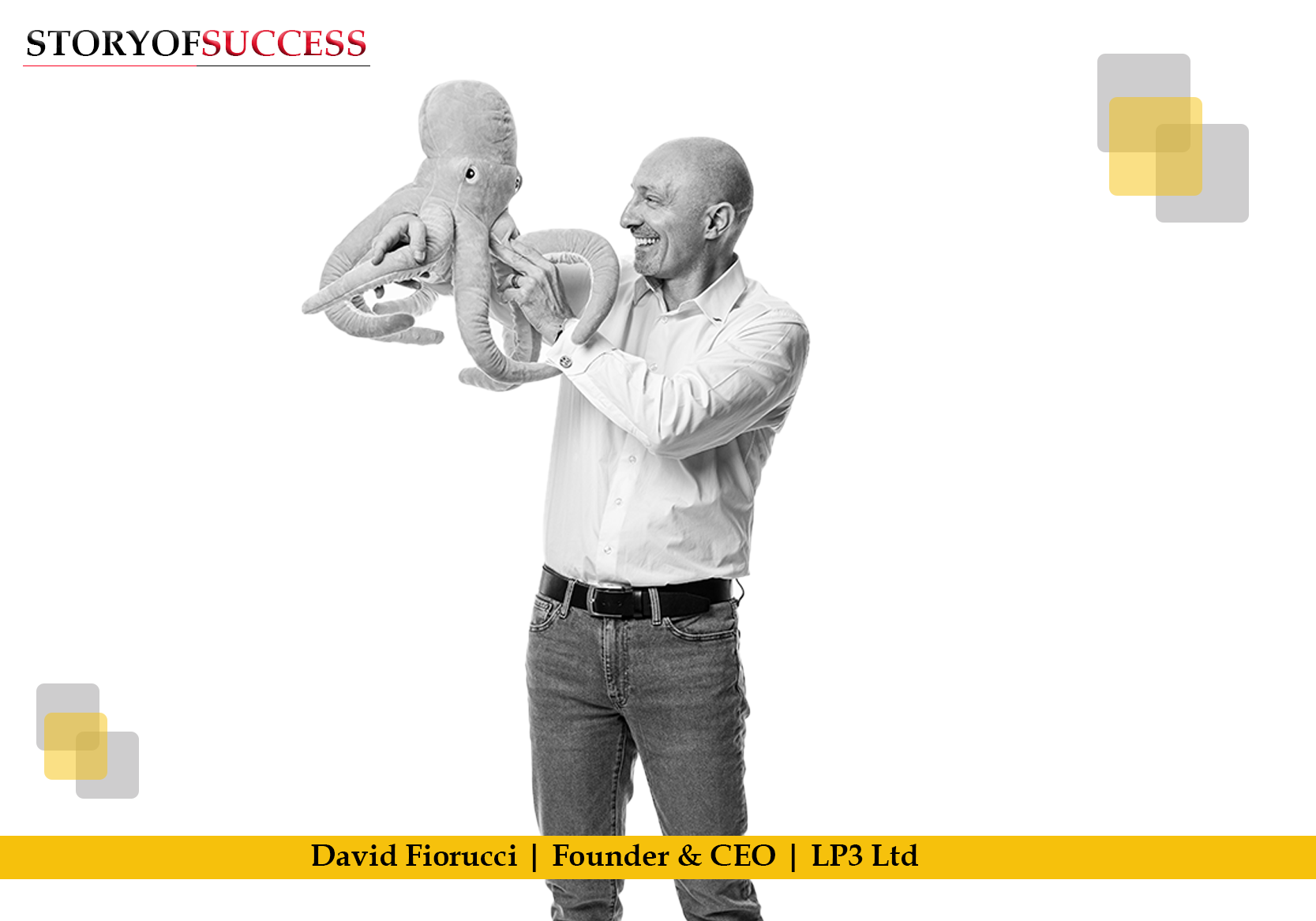

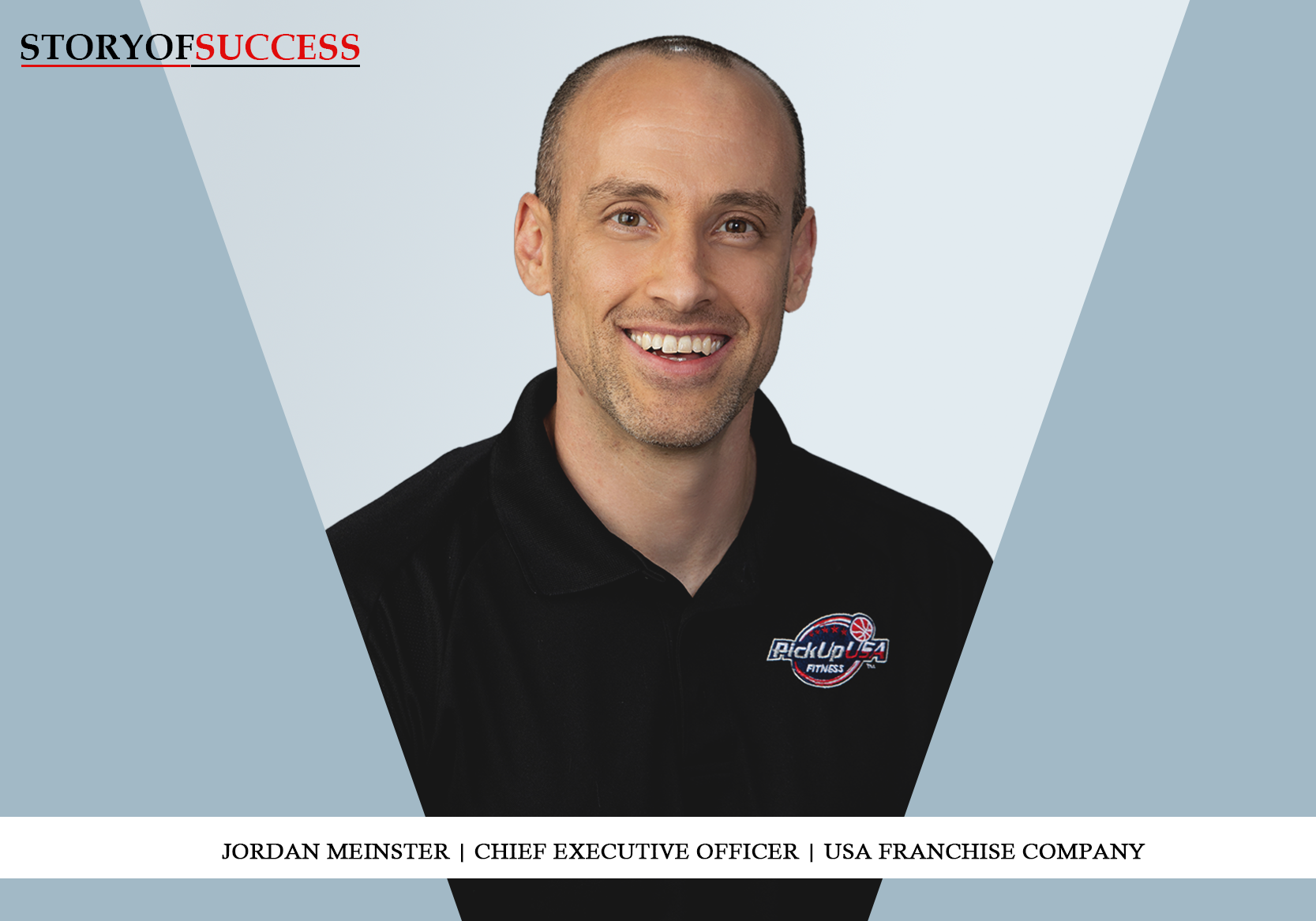
The Top CEOs Who Are Defining a New Era to watch in 2025
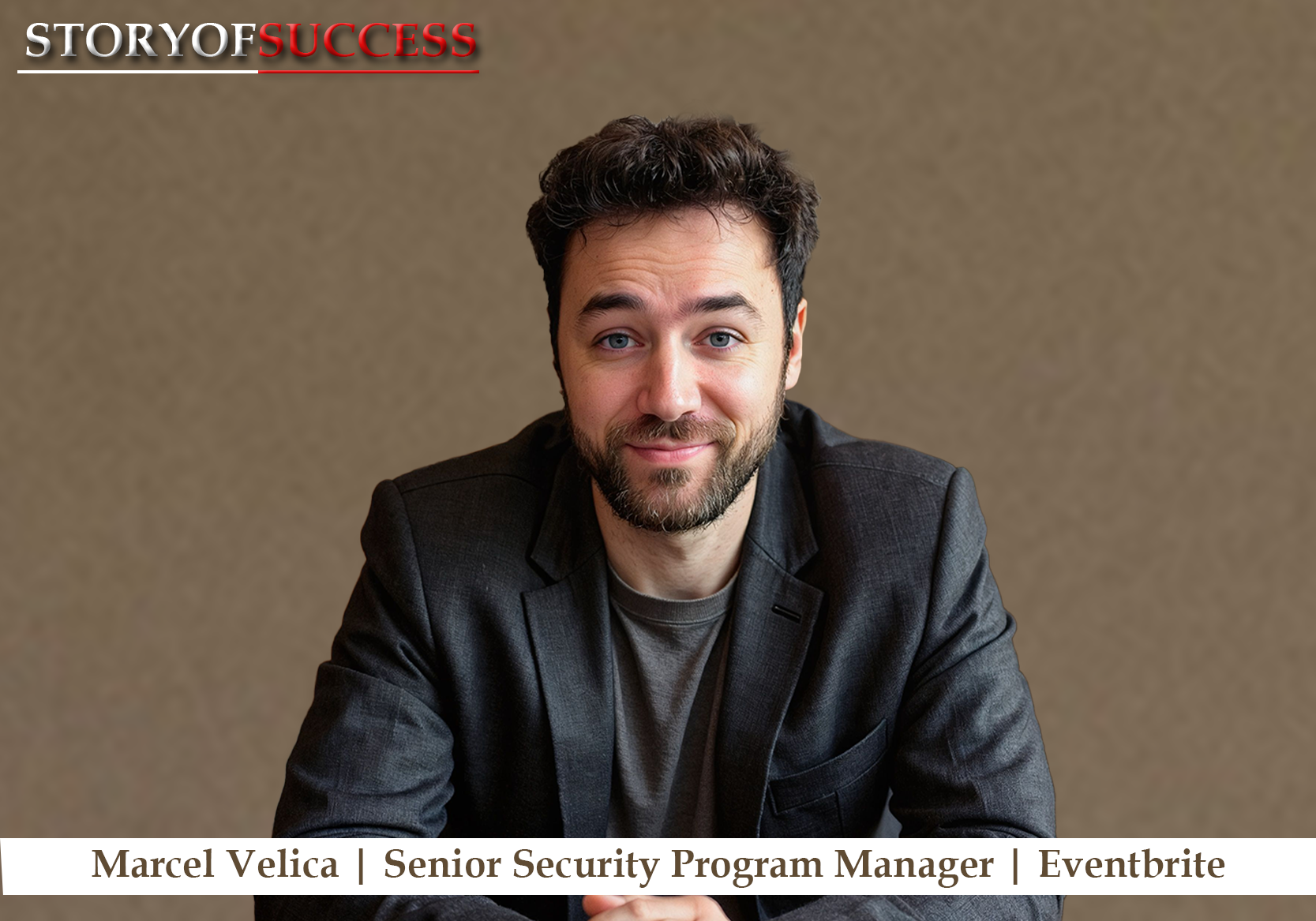
The Top Senior Security Managers Leading 2025
